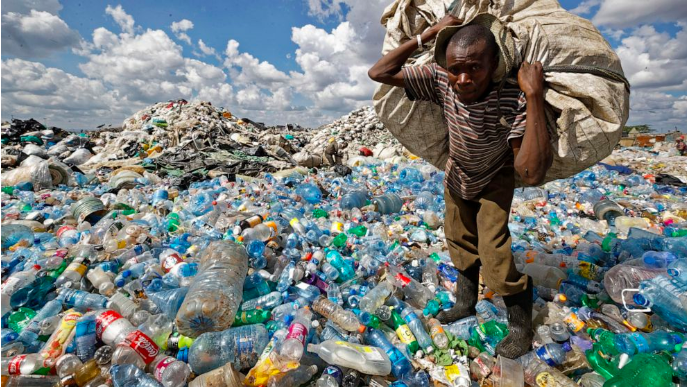As representatives from 175 nations gathered at the UNESCO Headquarters in Paris for a five-day conference hosted by the United Nations Environment Program (UNEP) meant to result in a global plastics treaty, the need to find more sustainable and practical methods for recycling plastics was one of the primary points of discussion.
As the conference began on Monday, May 29th, a 55-nation coalition asked attendees to consider a solid treaty that essentially regulates the use and production of hazardous materials, as well as bans against plastics that are difficult or impossible to recycle and which often end up polluting the natural environment.
Jeanne d’Arc Mujawamariya, Rwandan minister for the environment and co-chair of the High-Ambition Coalition to End Plastic Pollution, remarked that global leaders have a responsibility to safeguard the health of humanity and to protect the environment from toxic polymers and chemicals.
In which case, the treaty needs to make these one of its chief priorities and it needs to be agreed upon by the end of 2024, in preparation for the United Nations Conference on Oceans in Nice, France.
Less Plastics by 2040
Earlier this month, UNEP released a report which includes a plan to reduce plastic waste by the end of the current decade.
The report presented three primary action areas, namely reusing plastics, recycling, as well as reorienting (or replacing) plastic packaging to more sustainable, more easily recyclable materials.
Harsh Criticism
Unfortunately, this report has met severe criticism on the part of numerous environmental organizations. Some claimed that the report focused too much on waste management – a move they see as a way of pandering to leaders in the fields of plastics and petrochemicals.
As Therese Karlsson, science advisor to the International Pollutants Elimination Network, puts it, real solutions for dealing with the worsening glut of plastics worldwide need to be bolstered by the imposition of stronger controls on the use of toxic chemicals in plastic production.
Karlsson added that governments need to take a harder line when it comes to reducing the amount of plastics produced by different industries.















